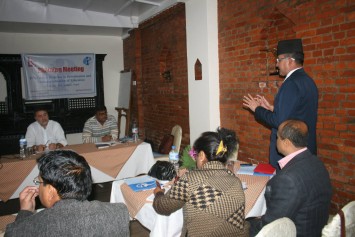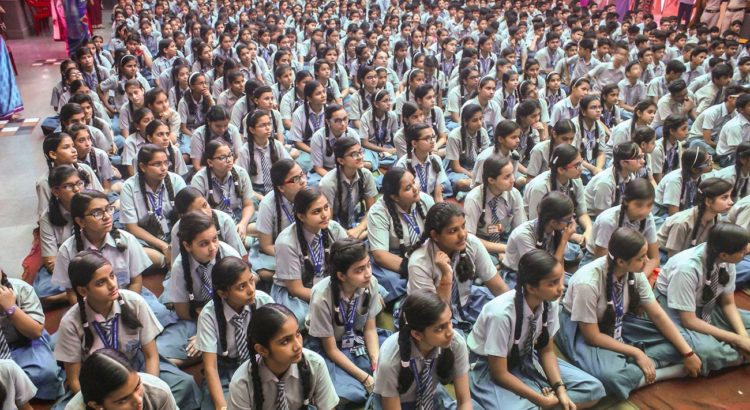Los educadores han puesto en marcha una campaña para exigir una financiación sostenible para preescolares, que consideran vital para el desarrollo de programas para el desarrollo de habilidades sociales y educativos que necesitan los niños para preparar su ingreso a la escuela.
Oceania/Australia/ei-ie.org
El 3 de febrero, la Unión Australiana de Educación (AEU), una filial nacional de Educación Internacional, lanzó su campaña «Proteja Nuestros preescolares ‘ , pidiendo al Gobierno Federal garantice financiamiento continuo para preescolares y para poner fin a la incertidumbre que enfrentan los padres y el personal de educación.
Mientras que más del 95 por ciento de los cuatro años de edad en Australia están inscritos en un programa de 15 horas por semana en preescolares financiado por el gobierno , en la actualidad los mismos están bajo amenaza de las autoridades públicas quienes han manifestado que no garantizan la participación del estado en el financiamiento que se requiere para los años posteriores a 2017. Este ha impedido que los centros preescolares no cuenten con capacidad de planificar el futuro, lo que pone a su vez los puestos de trabajo de los educadores en riesgo.
La presión sobre las autoridades públicas
Todos los niños merecen tener acceso a preescolares de calidad que les ayude a prepararlos para la escuela, dijo el presidente federal de la AEU Correna Haythorpe. Por ese motivo la nueva campaña de la unión promoverá el valor de preescolar y generaran acciones para presionar al gobierno federal a proporcionar financiación a largo plazo. «El ministro de Educación Simon Birmingham ha hablado en varias ocasiones sobre los beneficios de preescolar; lo que tiene que hacer no es solo hablar, sino dar la certeza del financiamiento que necesitan «, subrayó.
La AEU, sus miembros y partidarios ya han luchado con éxito en dos ocasiones para lograr el financiamiento de programas de preescolar , dijo. «Extensiones a corto plazo no son lo suficientemente buenos; Nuestros niños merecen garantizar el acceso a la educación preescolar de calidad y los educadores merecen certeza sobre su futuro «.
Preescolar de calidad : mejor preparación para el aprendizaje permanente
Haythorpe puso de relieve que la investigación muestra que un preescolar de calidad es la mejor preparación para una vida de aprendizaje, ya que aumenta la preparación para la escuela lo que incide en mejores resultados en el largo plazo.
Esta educadora pregunta por qué el Gobierno Federal podría incluso considerar recortar los fondos de los programas que proporcionan enormes beneficios a los niños., si todos los niños merecen mantener los beneficios de asistir 15 horas a la semana de preescolar, impartidas por un profesor universitario capacitado, dijo Haythorpe.
Un retraso en la financiación
Esta campaña da también a los padres y educadores una voz para decirle al Gobierno Turnbull que todos los niños merecen 15 horas de preescolar.
En Australia se invierte mucho menos en la educación de la primera infancia que en la media de países de la Organización de Desarrollo Económico (OCDE) Cooperación y. Sus cuentas nacionales de financiación corresponden sólo el 0,5 por ciento del producto interno bruto (PIB) en comparación con el promedio de la OCDE que es de 0.8 por ciento, dijo Haythorpe, añadiendo que «esta va en contra de la investigación que encuentra que el preescolar incide considerablemente en la elevación del rendimiento escolar».
Fuente: www.ei-ie.org/asiapacific/en/newsshow.php?id=8633&theme=earlychildhood&country=Australia













 Users Today : 7
Users Today : 7 Total Users : 35459913
Total Users : 35459913 Views Today : 7
Views Today : 7 Total views : 3418472
Total views : 3418472